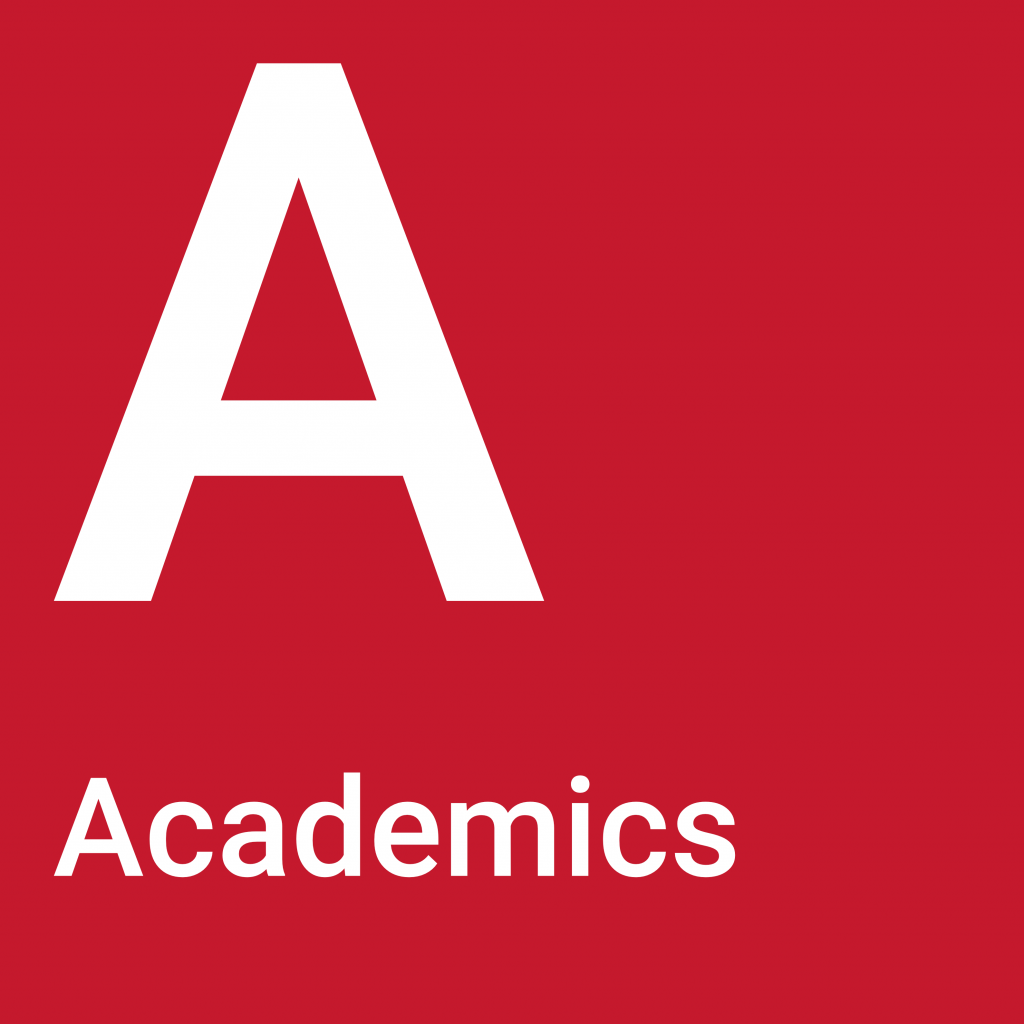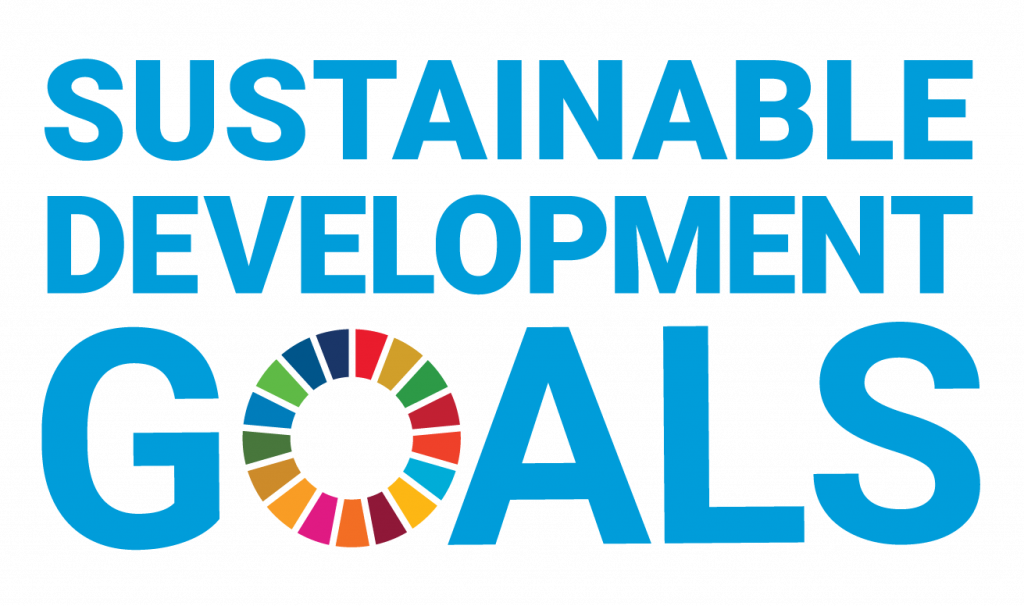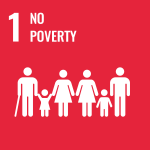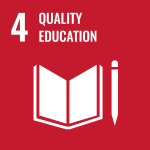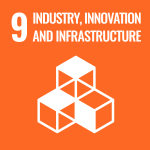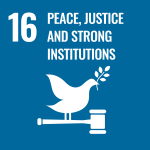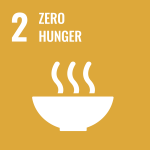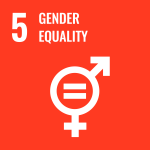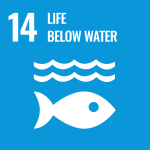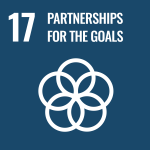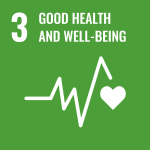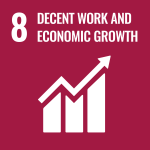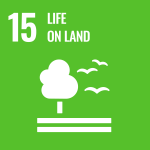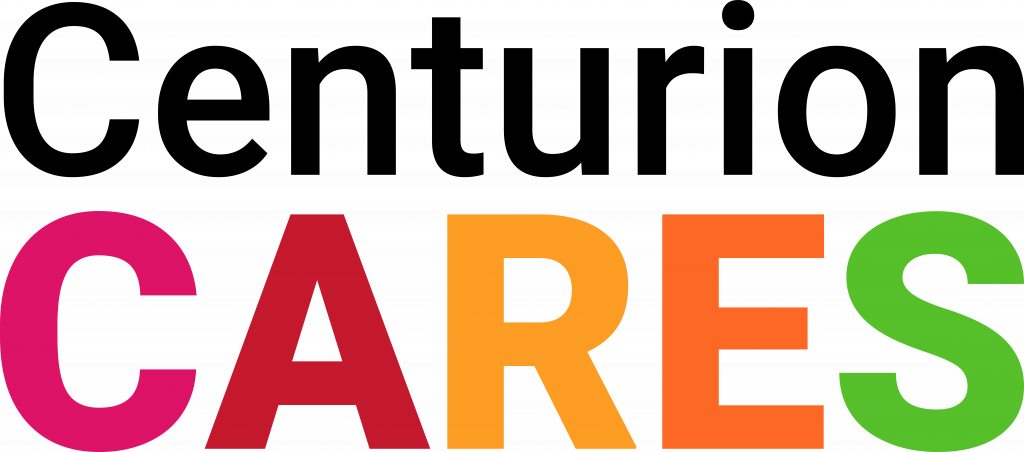
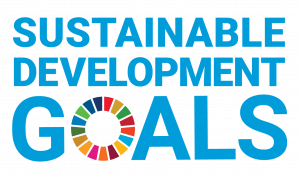
About Centurion CARES
Centurion University of Technology and Management lays an unyielding focus on its dedication to realising the SDGs. This unshakeable commitment runs deep through the fabric of our school, beginning with the President’s office and permeating every level of administration, faculty, and support staff. We recognise without reservation and diligently align our collective efforts with the all-encompassing and interconnected framework encompassing the 17 SDGs to propel and catalyse positive societal transformation through our extensive community engagement initiatives, pursuit of academic excellence, dedication to ground-breaking research endeavours, and promotion of innovative entrepreneurial initiatives. This deliberate effort aims to have a significant, long-lasting, and far-reaching effect on society.
What is Centurion CARES?
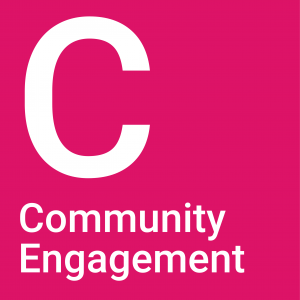
The University is committed to engaging with the community in every discipline.
Key Responsibilities
- CALP through Problem Solving
- Community Diagnostic Center and Diploma in Community Health Practice.
- Increase Supply of Qualified Manpower in Developing Countries and Crèche Facility
- Appropriate and Relevant Skills Training for Livelihood through Employment and Nano
Entrepreneurship - Industry and CSR connects for capacity building
- Capacity Building Training for different Stakeholder
The University focuses on aligning its curricula and the entire academic process with the SDGs.
Key Responsibilitie
- Courses for everyone with Multiple Entry and Multiple Exit – from school dropouts to
PhD – integrated - inclusive approach (all levels working in the same labs)
- Scholarship, Safe and Secure residential facility on Campus
- Skills Integrated Higher Education and NSQF and NCrF compliance
- Contextualizing and Institutionalizing lab to land and land to lab
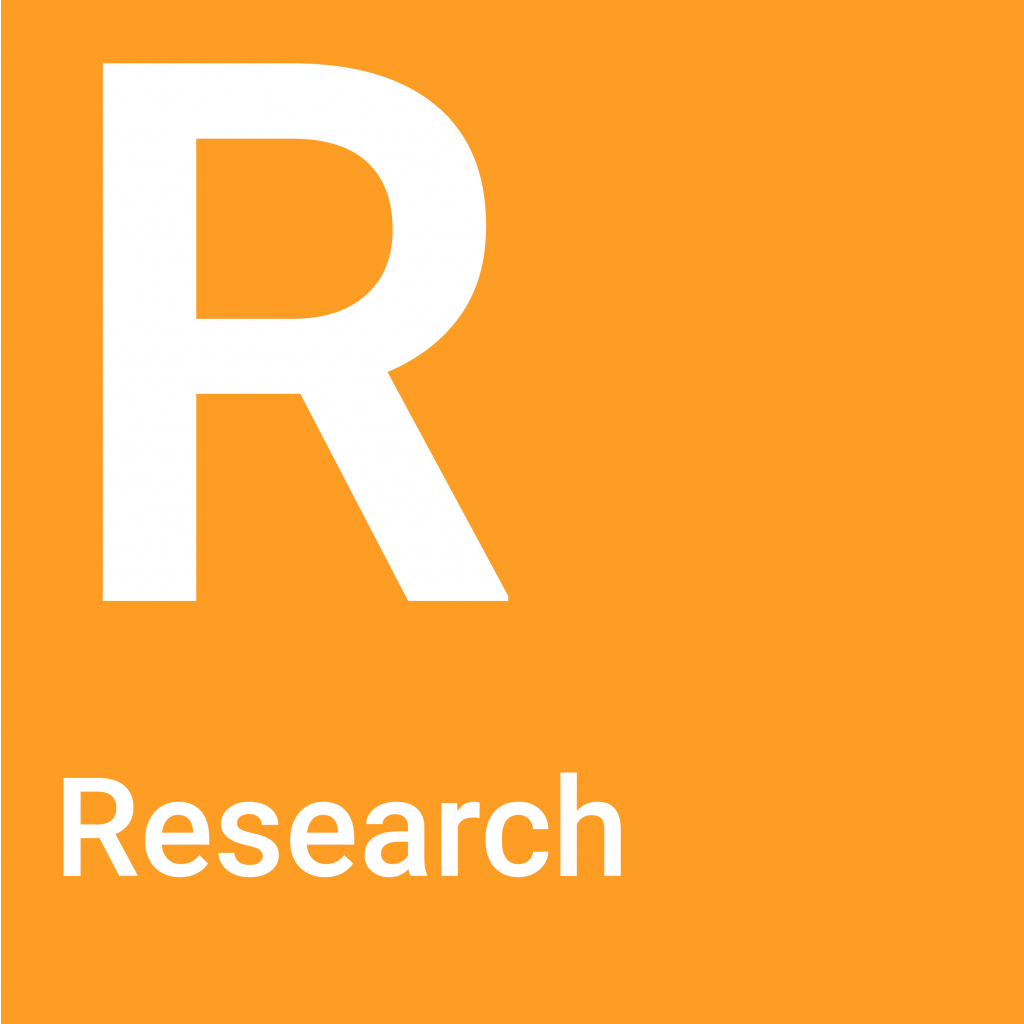
The University continuously strives to align all R and D activities towards SDGs.
Key Responsibilities
- SDG aligned Patents (such as Insulin pump/Technology Intervention for preventing animal
fatalities on railway tracks, seed production and nutraceuticals) - Furthering and enhancing research on waste to wealth (in-house developed STP, building
material production, design thinking for sustainable products and new material) - Navigates SDG related awareness, so encourages Collaboration: Conducts Hackathons:
Smart India Hackathon - Aligned with National Government World Skills: Builds up Capacity for Skill Olympics
- Seed money and sponsored research
The University believes in the model of linking education to employability, employment, entrepreneurship and commercialisation. The outcome of the same manifested in productivity and positivity. It is inculcated in the academic rigour of the University.
Key Responsibilities
- Has five enterprises under the Umbrella Brand ‘Gram Tarang’ incubated by the University
- Focus is on patent ideas, concepts, New Product Development of Products and Commercialisation
- In pursuit of cherishing Entrepreneur the University promotes and incubates nano, mini, micro enterprises
- Value addition to local produces – CO extraction, Mini Diary, Seed Production Unit and Transforming degraded landscape
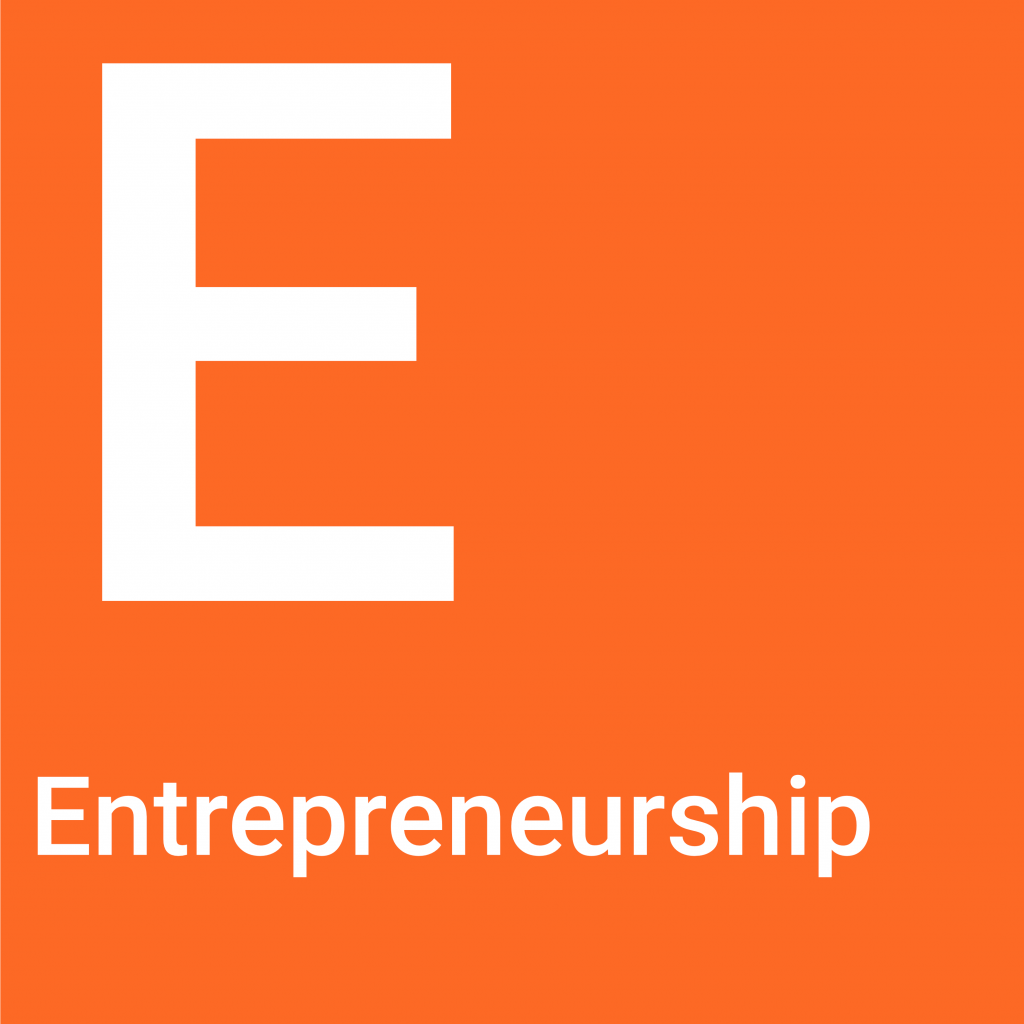
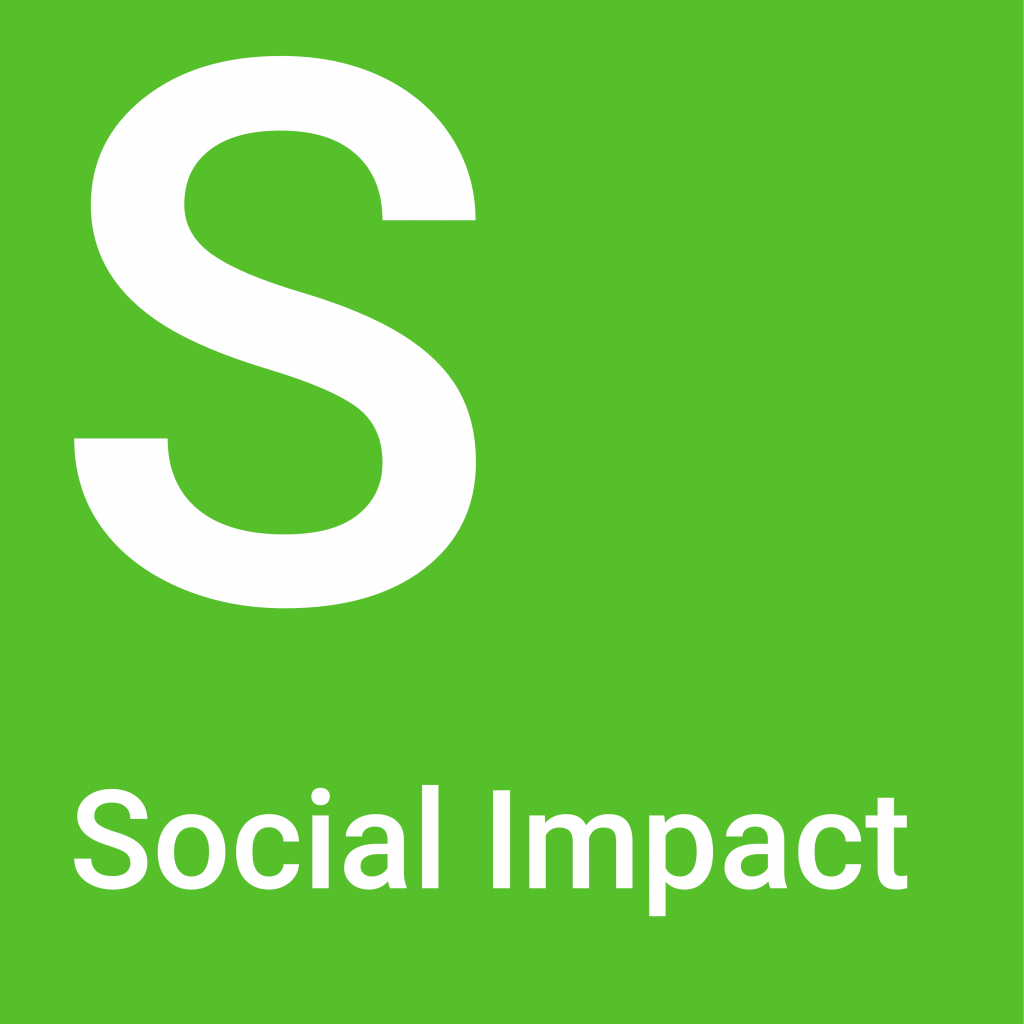
The University strives for and thrives on Social Impact in all what it designs and delivers.
Key Responsibilities
- Gender Equity is central to values of the University as apparent in its Leadership
- Extending skill and domain courses on online and offline mode to learners outside the University
- Waste to Wealth – Committed to Circular Economy (Reduce, Reuse, Recycle and Upcycle)
- Sustainably revitalising soil, water and air (Vermicomposting, Food Waste to Manure and Native Plants)
- Commercialisation of patents / products for social impact
- Services through Drone technology (Example: Drone spraying insecticides on approx 50000 acres, health analysis of crops)
- Financial inclusion – opening of 17 million no-frill accounts
- Horizontal – Vertical linkage to and for tribal farmers for enhancing earnings.
- Inclusive ecosystem – women, differently abled, transgenders, socio-economically challenged segments, youth from Remote Rural Regional areas.
- Local and Global partnerships for SDG outcomes
